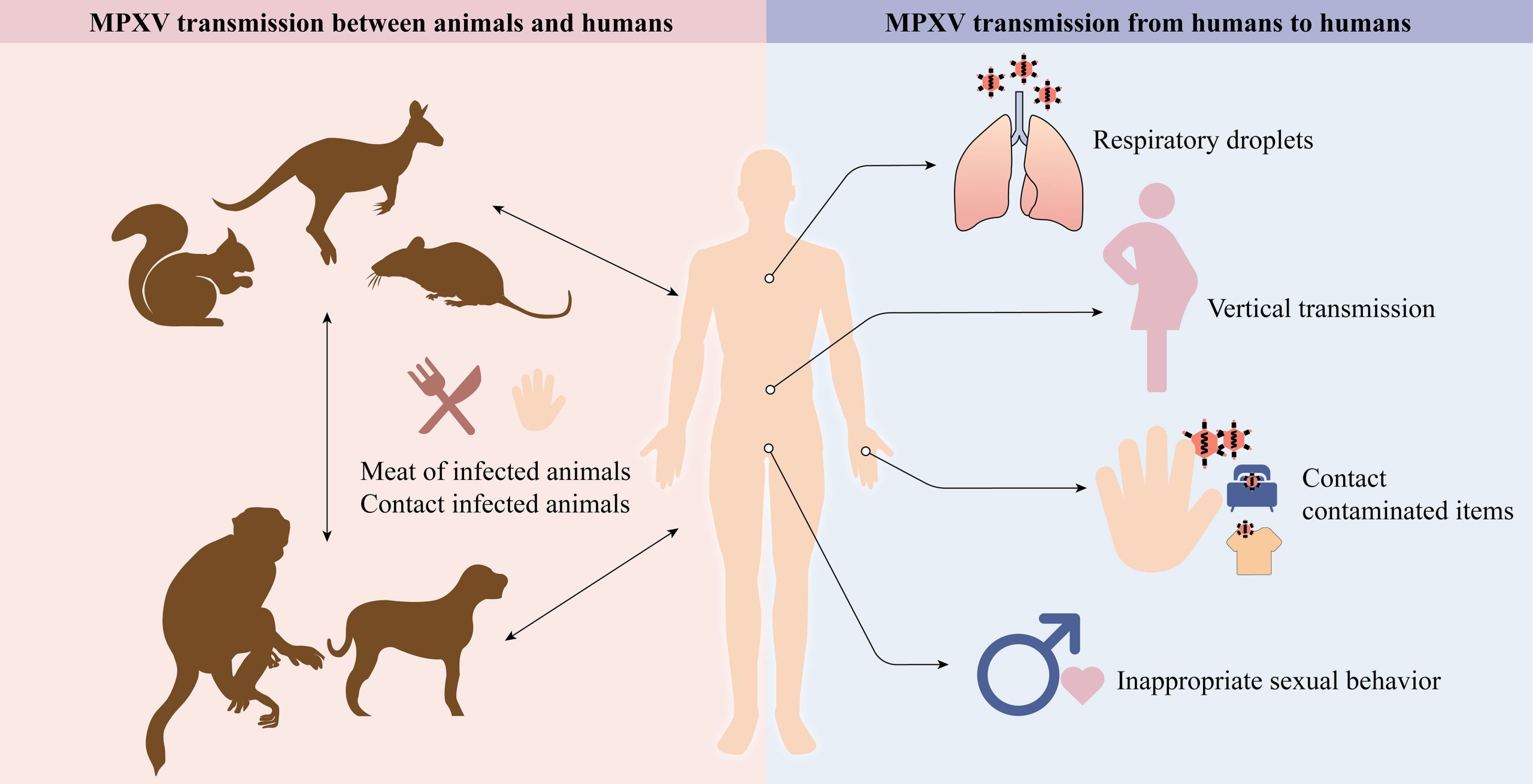By Elizabeth Larkwor Baah
Tema, June 13, GNA -The Tema Metropolitan Health Directorate has held a sensitisation programme for stakeholders to address the recent monkeypox (MPox) outbreak and the rising risk of cholera as the rainy season sets in.
The engagement brought together health workers, community leaders, non-governmental organisations, media representatives, the Ghana Private Roads Transport Union and other stakeholders.
The event was aimed at providing accurate information, dispelling myths, and enhancing the preparedness of communities to prevent the spread of these infectious diseases.
Ms Linda Adjapong, the Tema Metropolitan Disease Control Officer, delivered a detailed presentation on the current Mpox situation in the country, explaining that Ghana had recorded 85 confirmed cases with six new cases, out of which one person was on admission and no death was documented.
Ms Adjapong said Mpox was a zoonotic viral disease that spreads through close contact with infected persons or animals, saying that it could be transmitted through bodily fluids, skin lesions, respiratory droplets, or contact with contaminated materials such as bedding, and having multiple sexual partners, among other things.
She emphasized that mpox presents with symptoms similar to chickenpox, including fever, rash, swollen lymph nodes, headache, and sore throat, among others, adding that the disease could cause severe illness in vulnerable individuals such as children, pregnant women, and people with weakened immune systems.
She said there were three suspected cases in the Tema Region, but all turned negative, indicating that there was currently no specific medicine for the cure of Mpox and its treatment was mainly supportive.
She therefore advised community members to practice good hygiene, avoid contact with animals suspected of carrying the virus, and report suspected cases to the nearest health facility.
The sensitisation programme also addressed the threat of cholera, which tends to increase during the rainy season due to poor sanitation and contamination of water sources.
The disease control officer explained that cholera was an acute diarrhea disease that could lead to severe dehydration and death if not treated promptly, saying that several cholera cases had already been reported in parts of the country even before the rainy season began and urged all Ghanaians to be vigilant to prevent the spread of the disease.
She suggested people should practice boiling of drinking water, washing hands with soap regularly, keeping the surroundings clean, and avoiding eating from unhygienic sources.
Dr Sally Quartey, Tema Metropolitan Director of Health Services, emphasized the critical need for Ghanaians to prioritise their health and adopt proactive measures to prevent illness, rather than waiting until they fall sick and require hospitalisation, saying that preventive health practices should be an integral part of everyday life, particularly in light of emerging public health concerns.
Dr Quartey noted that although no cases of mpox had been confirmed in the Tema metropolis, residents needed to remain vigilant, stressing that the absence of reported cases should not
lead to complacency but rather motivate individuals and communities to adhere to recommended health guidelines.
She also urged Ghanaians to observe basic hygiene practices, seek prompt medical attention when symptoms arise, and stay informed through credible sources.
The programme included an interactive session where stakeholders asked questions on both diseases.
GNA
Edited by Laudia Sawer and Lydia Kukua Asamoah
Provided by SyndiGate Media Inc. (
Syndigate.info
).







